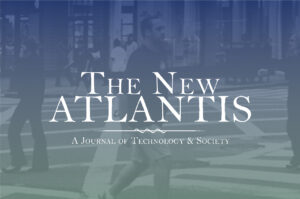
Culture War as Imitation Game
The French social theorist René Girard, born in 1923, is not quite yet a household name, but his work does
“A stunning, even revolutionary book.”
-Dr Andrew Meltzoff, Neuroscientist
“A call to discernment and deeper fulfuillment that lights a path beyond the darkness of our current world.”
-Stephen Hanselman, The Daily Stoic
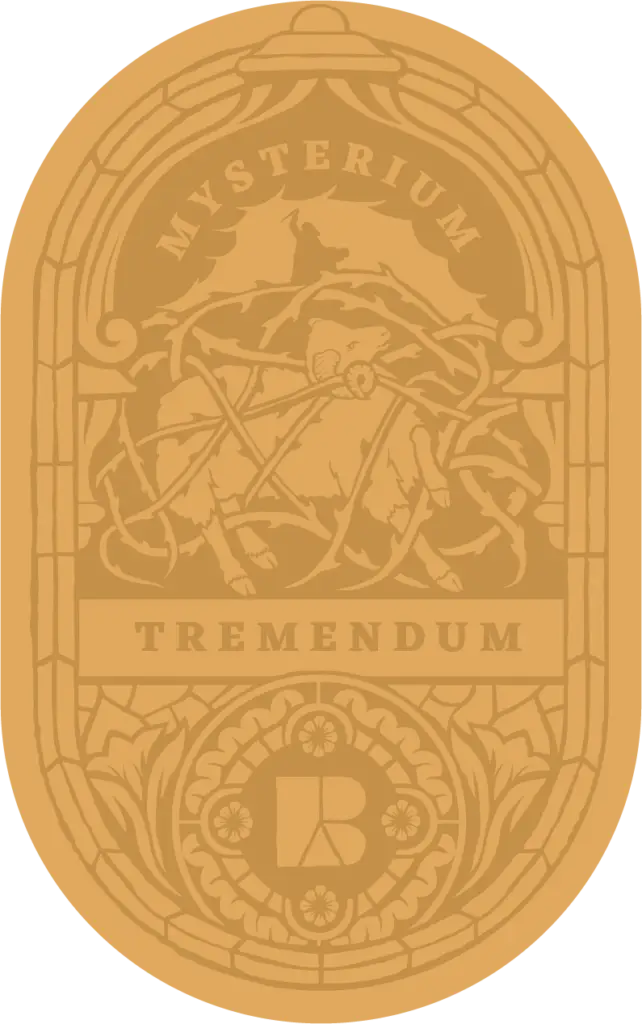
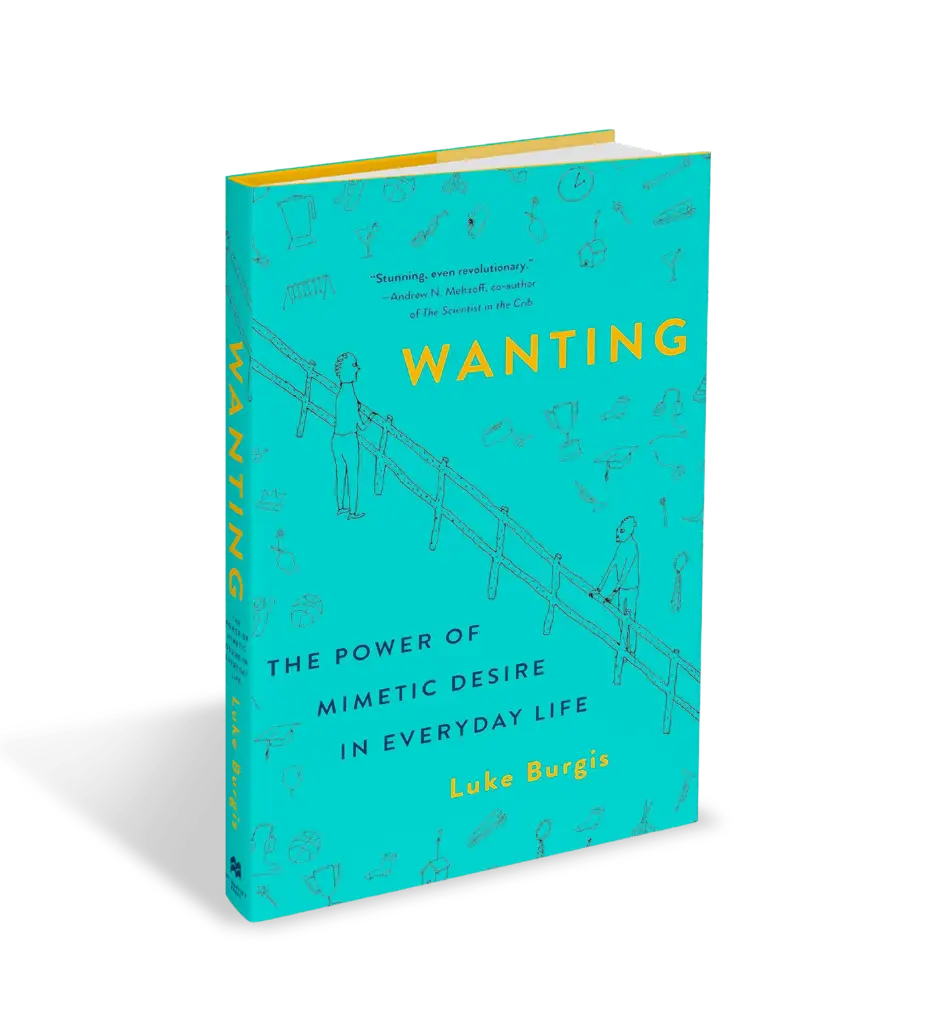
Desire: it’s ubiquitous, social, contagious, and malleable. People unconsciously imitate the desires of others—and therefore they value jobs, spouses, brands…
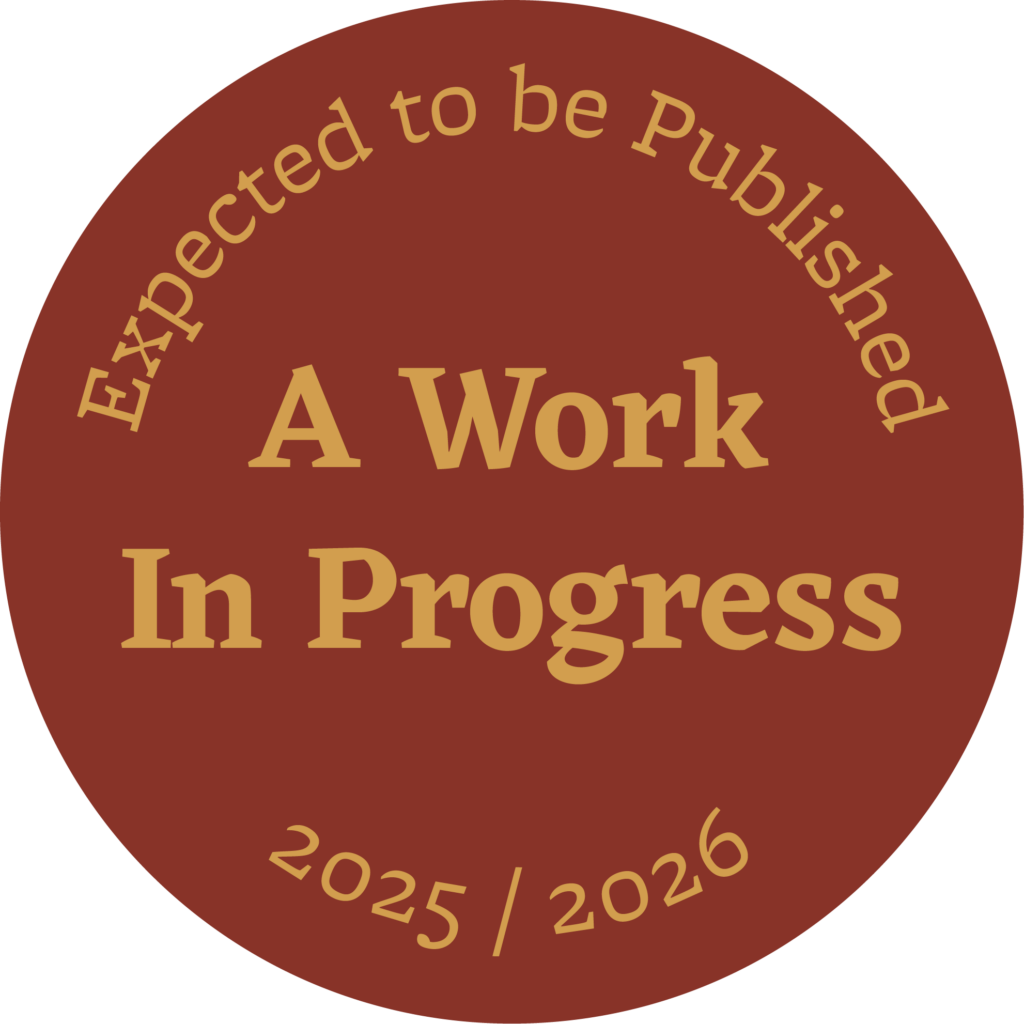

A groundbreaking exploration of how and why some people change radically and others don’t—and a roadmap to evolving in an uncertain world…
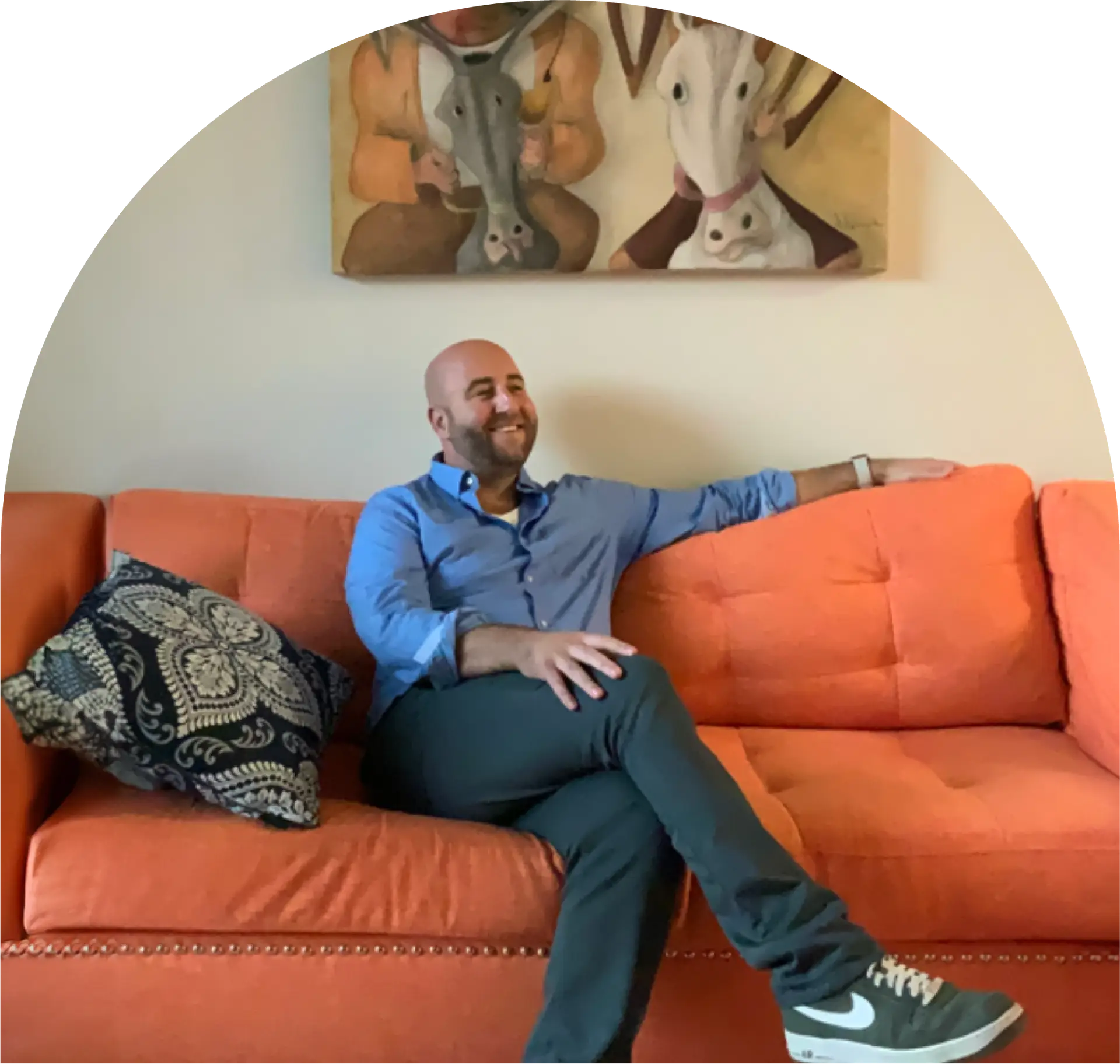

The French social theorist René Girard, born in 1923, is not quite yet a household name, but his work does
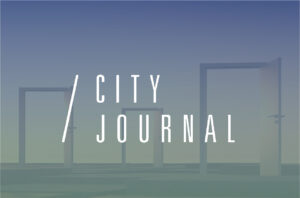
With school-choice initiatives proliferating, students struggling to make up for lost Covid time, and Americans pessimistic about the direction of
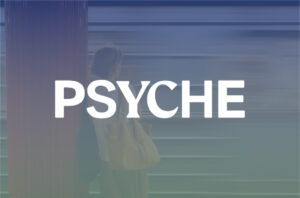
From career choices to new purchases, use René Girard’s mimetic theory to resist the herd and forge your own path
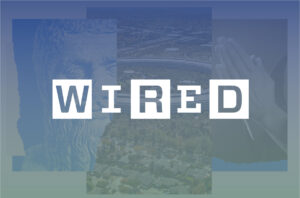
What does Athens have to do with Jerusalem—and what do either have to do with Silicon Valley? NASA can land a
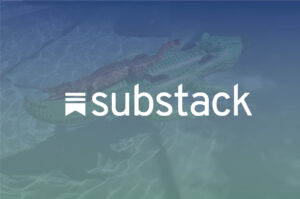
What is Mimetic Desire? Nearly everyone (unconsciously) assumes there’s a straight line between them and the things they want. >>

I reached out to Liana Finck during the early, dark days of the pandemic in April 2020. My fiancé, Claire,
All rights reserved Luke Burgis / Fourth Wall Ventures, LLC 2019-2024 ©


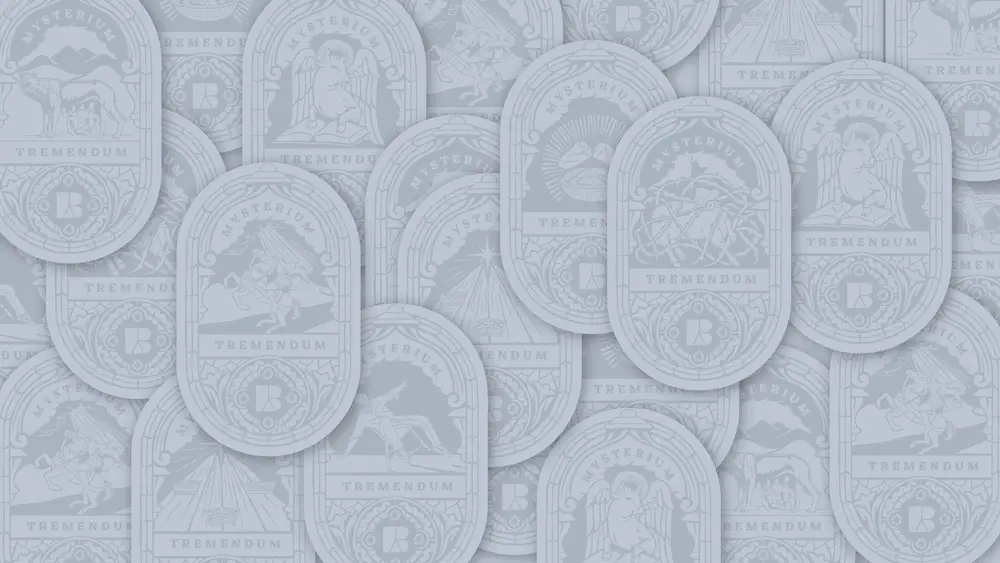




Please note that due to the number of emails that we receive, we cannot respond to every one.